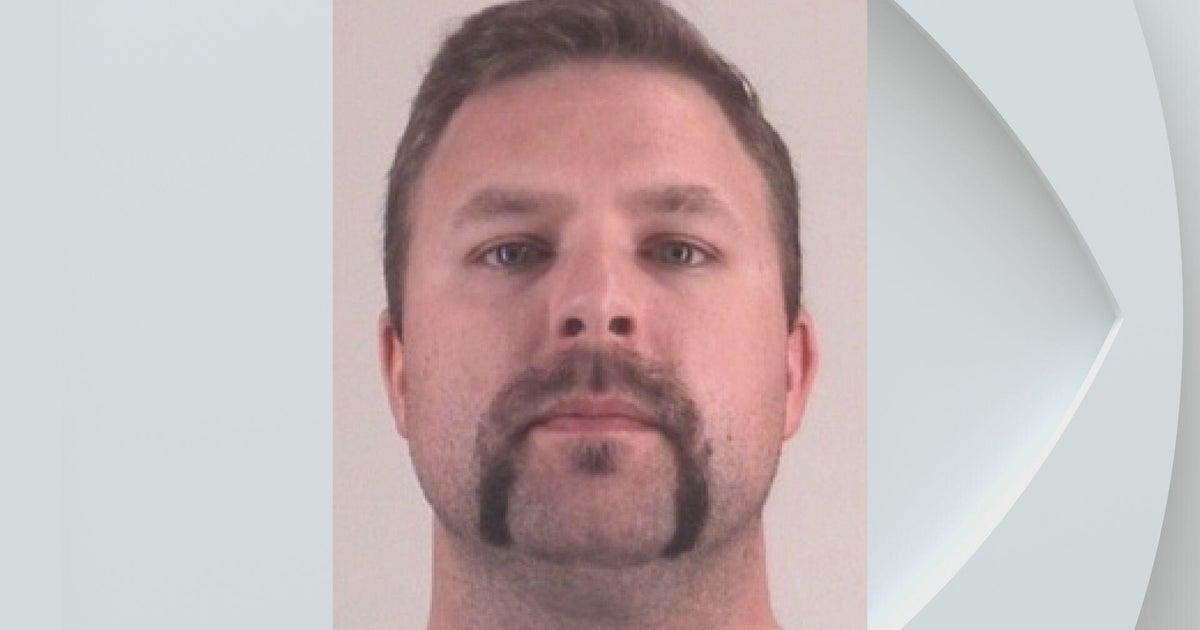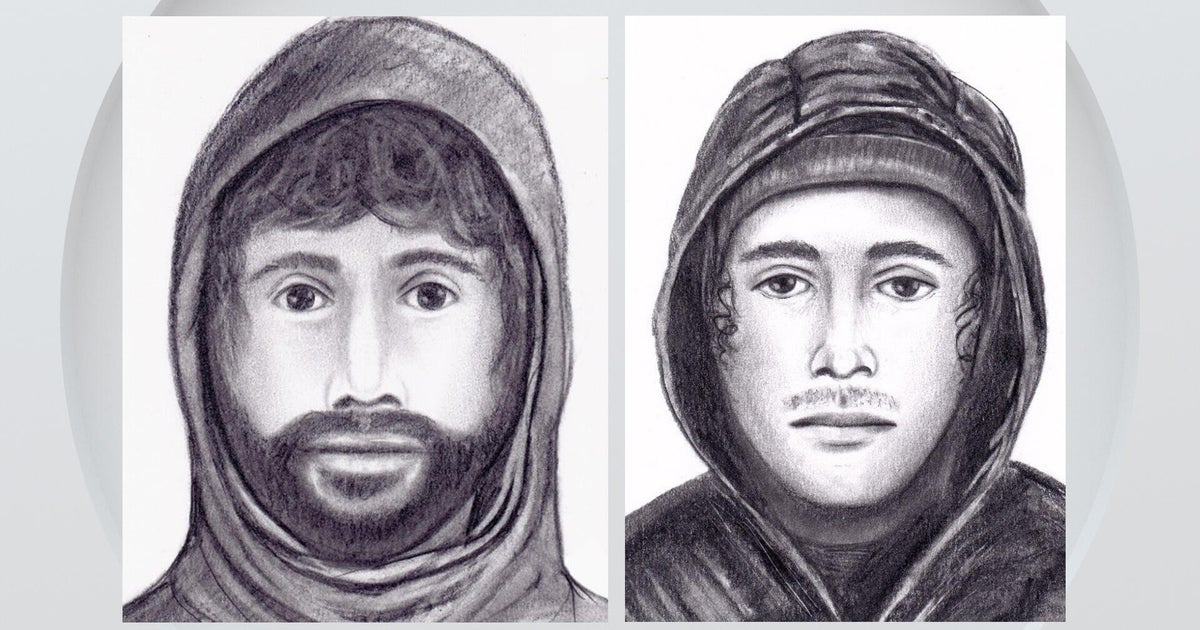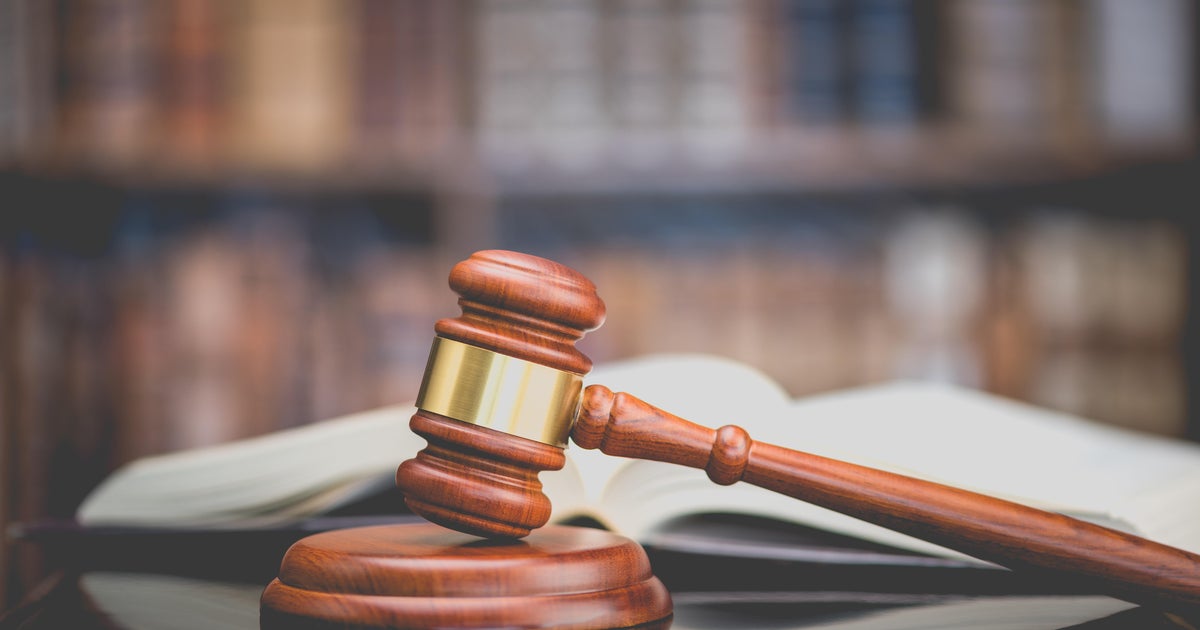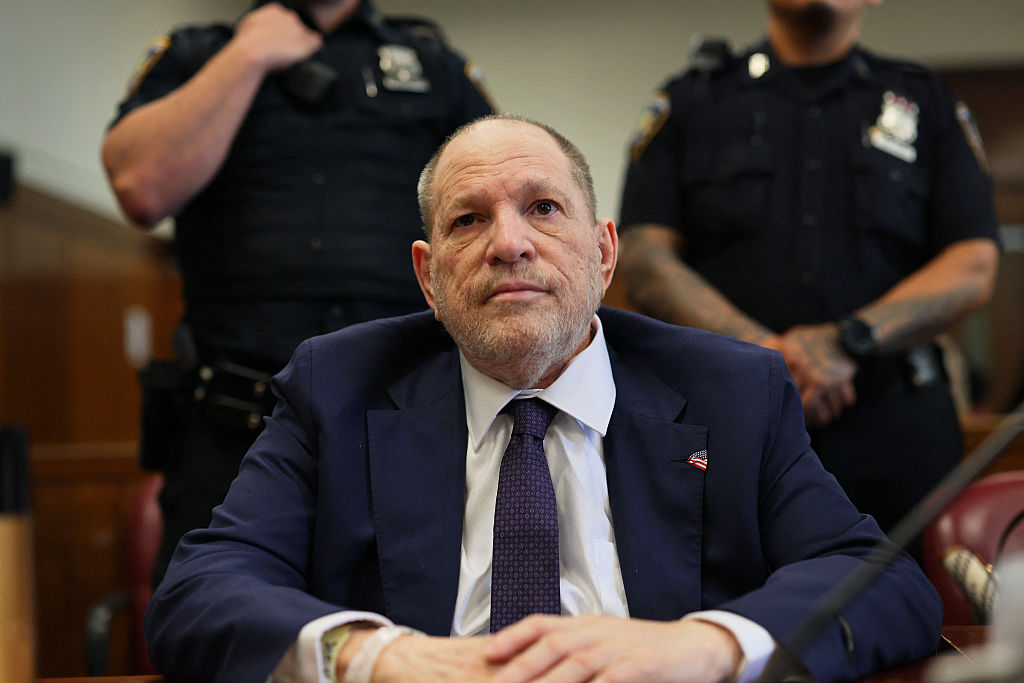NYT reporters on breaking Harvey Weinstein story, #MeToo "reckoning"
2017 may well be remembered as the year survivors shattered the silence around sexual harassment and assault. It hit close to home for many, including us at "CBS This Morning."
Jodi Kantor, a New York Times reporter and CBS News contributor, and Megan Twohey, a New York Times investigative reporter, helped start the national conversation in October with their bombshell report on allegations against the now-disgraced movie mogul Harvey Weinstein. More than 80 women have now come forward to accuse him of sexual harassment or assault.
"Some people said it's an open secret. Everybody in Hollywood has known for a long time. They told us that we were naive and idealistic, that we would publish our little story and life would go on," Kantor said Tuesday on "CBS This Morning."
Life didn't go on as usual for some.
Weinstein was fired from The Weinstein Company, which he co-founded, and was forced to resign from the board, while police in several cities pursued criminal investigations.
Thereafter, a slew of accusations against men including actor Kevin Spacey, comedian Louis C.K., "CBS This Morning" co-host Charlie Rose, Minnesota Sen. Al Franken, "Today" show anchor Matt Lauer exposed years of alleged abuses and cost culprits their jobs. Alabama Senate candidate Roy Moore was defeated in a special election after women accused him of unwanted sexual advances when they were teens and he was in his 30s. His opponent, former U.S. attorney Doug Jones, won in a state that had not elected a Democratic senator in 25 years.
"I think this country is having – well, it goes beyond the United States at this point – is having a real reckoning," Twohey said. "How was it that for so many years there were men in a variety of industries who were able to get away with predatory behavior basically unchecked?"
As Kantor pointed out, the topic of sexual misconduct had been "building" before they broke the news on Weinstein.
"For example, a few months before we published the Harvey Weinstein story, our colleagues published a story revealing the settlement trail that Bill O'Reilly had accumulated at Fox. And so we were beginning to see that, first of all, we were able to report a little more on these issues, and then also the women were being believed and that we saw the beginnings of accountability, too, that this could actually affect the careers of men who had held power for a very long time," Kantor said.
But the impact of their report can't be denied. It helped the #MeToo movement go viral on social media, which highlighted the magnitude of the sexual harassment problem. The chorus of voices speaking out against sexual misconduct became a watershed moment — as well as Time's Person of the Year.
Kantor also found importance in stories of women breaking decades of silence.
"I appreciate hearing women's stories from the '60s, from the '70s, from the '80s, because I think these are the foundations of our culture and we have to understand them. And part of the project now is that all of us together are kind of reconstructing the secret history of how women have been harassed in the American work place and how it's held women back in the public sphere in so many ways," she said.
Now the country is at a "remarkable crossroads," Twohey said.
"For the first time, I think, maybe ever, you have a culture in which women now feel comfortable stepping forward and making allegations, whereas in the past they felt like they would be the ones to suffer consequences to their careers and worse if they spoke out," she said.
But there's another story of sexual misconduct allegations that Twohey thinks is here to stay, and that's of President Trump.
"It's important to revisit the more than 10 women who came forward with allegations of sexual misconduct against Trump during the presidential race, and not only that, but as we know as we remember, he was actually captured on audio tape bragging about this type of behavior, you know, inappropriate touching and actual – even sexual assault. And he denies it," Twohey said. She reported on the allegations during the presidential campaign and said Mr. Trump threatened to sue the accusers, The New York Times, and her.
"So I think it's a reminder of how. when allegations are made in a political context – I mean, that was one of the most polarizing races in modern political history – how sometimes the accusers can be framed as politically motivated and – but this story is not going away. Those accusers are getting more attention now in the last couple months and that story I don't think is going to go away," Twohey said.



